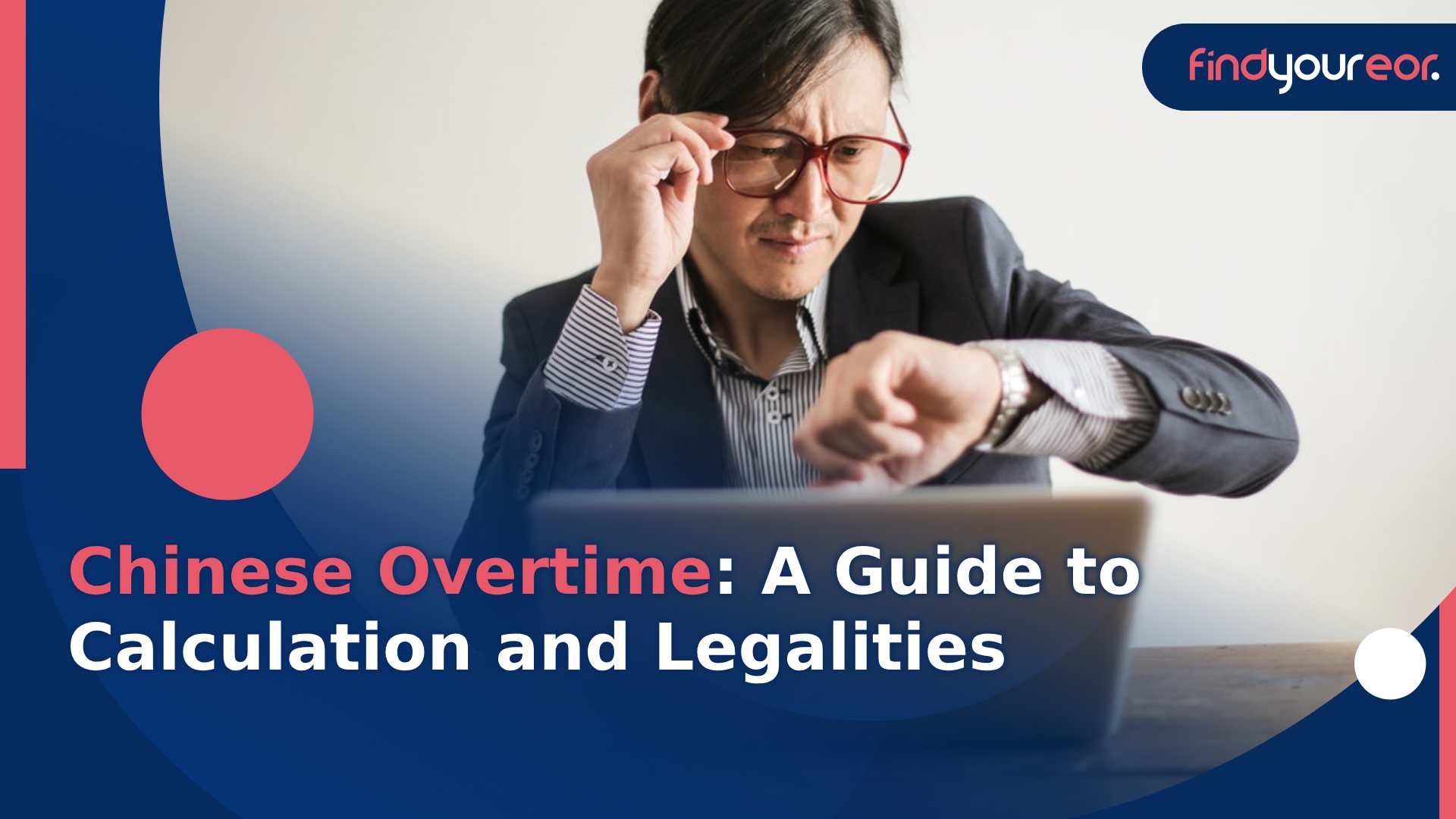Bridging the Gap: Balancing Workforce Demands with Foreign Worker Levies
Last update: February 13th 2024
Currently, a crucial labor issue is the foreign worker levy, especially thanks to the current dynamic labor scenario. This rate, which you can find simply as a levy, is a special pricing mechanism to regulate the number of workers. This means that employers have to pay this monthly fee for each work permit holder. Specifically, from the time the permit is issued until expiration or cancellation, the responsibility for this payment is in effect.
In this article, we will explore how companies can balance workforce demands. Especially, with the financial implications of a foreign worker levy. In essence, we are going to give you all the information about this aspect, that is, what it is, and the different types of it. In addition, we are going to help you with how you can pay these workers and we will tell you what the fines are if you do not comply.
What is a foreign worker levy?
The foreign worker levy is a government policy that requires employers to pay a tax when hiring a foreign worker. The purpose of this tax is to promote the hiring of local talent, that is, to avoid immigration.
The amount to be paid for the foreign worker levy will depend on some factors such as:
· Work time.
· Sector.
· Local regulations.
· Exchange rate.
· Nationality.
· Limitations and quotas.
Generally, companies that want to hire foreign workers have to know the foreign worker levy. In addition, knowing what the requirements are and the costs they entail. Otherwise, you will have to pay fees and penalties, which prevents a growth plan.
Many markets charge local employees a tax for having foreign workers. For instance, Singapore, Hong Kong, Malaysia, and Saudi Arabia.
What are the Different types of foreign worker levies?
Currently, various types of foreign worker levies on global government policy around the world, i.e.
· Work permit levy: Any employer has to pay a work permit tax for each foreigner on their payroll. Additionally, this tax covers the price of processing a work permit.
· Quota levy: Other foreign workers levy has to pay a quota penalty if they hire more foreign employees than the quota according to the government.
· Skills development levy: Employers have to pay skills development taxes to promote educational programs and local skills because they have foreign talent living in the country instead of hiring local talent.
· Sector-specific levy: Any employer has to pay a sector-specific tax if they are in specific industries. That is, in sectors more likely to depend on foreign labor, for example, hotels and construction.
· Time-based levy: Employers have to pay a tax based on the length of employment. That is, depending on the duration of the foreign employee's employment.
How much is the foreign levy fee?
Employers have to pay immigrant employees the respective foreign worker levy. Depending on the country, the calculation of this tax will vary. Let us initially take the case of Singapore as an example, in some professions.
· Construction: The tax is based on the qualifications and skills of the foreign worker and is charged depending on whether you have high or basic qualifications. The tax cost for these people is between S$300 and S$950, depending on the skills of the worker.
· Maritime Shipyard: For these workers, the tax is approximately S$300 and S$400 per month, again depending on the skill of the worker.
· Manufacturing: For employees belonging to the manufacturing sector, the tax is between S$370 and S$650 per month.
· Process: For any employee in the process sector, including petroleum, petrochemical, and manufacturing plants, the tax is between S$300 and S$750.
· Service: If you want to employ migrant workers in the service sector, employers have to pay a foreign worker tax. The cost is between S$450 and S$800, again depending on the skills of the worker.
Why do employers pay a foreign worker levy?
Governments impose taxes on foreign employees. The purpose is to regulate the number of foreign residents working in any relevant country. In addition, it is intended to encourage employers to hire and promote local talent. Thus, you can avoid a place hiring a foreign talent in the country.
For instance, in KSA it issues a monthly tax for foreigners, or the Maktab Amal fee to employers. Specifically, to seek an Iqama residency visa and work permit to relocate foreign talent to the country. The monthly fee in this case is SAR 800, and the employer is responsible for paying the fee.
Furthermore, any employer who wants to hire foreign talent in Singapore has to pay a fee. Not only that, they also have to pay a monthly foreign worker tax for each work visa holder in Singapore.
The foreign worker levy depends on many factors, which are the following
· Sector that the company operates.
· Type of employee work visa.
· Employee qualifications and skills.
How do employers pay a foreign worker levy?
The payment of levy rates for expatriate employees will depend on the country that is in charge of issuing the taxation. In Singapore, for example, employers pay taxes to expatriate employees in monthly installments to the Ministry of Manpower.
When carrying out hiring practices you must keep in mind the cost of this tax and that its price will be subject to:
· The country.
· Duration of employment.
· Local regulations.
· Industry.
· Exchange rates.
· Nationality.
· Dues.
· Limitations.
What are the penalties for failing to pay a foreign worker levy?
If a company is interested in hiring foreign talent or wants to transfer employees abroad, it must maintain compliance with the country's immigration and employment regulations.
Not paying this tax to foreign workers can have a negative economic impact on the company and these consequences:
· Penalties for late payment.
· Cancellation of existing work permits.
· Denial of new work permits.
· Possible legal actions.
To avoid these sanctions and any other repercussions, companies usually work with experts on these issues.
Conclusion
Motivated by the labor shortage, many countries have to hire foreign employees. However, this practice is also common if they want to have more trained personnel and they are not in the country.
With such a changing labor market, many companies want to have the best in their position. For this reason, they should know about this tax on foreign workers and the repercussions of not paying it.
Therefore, so that you can know more about this, you can enter our blog, which has information that may interest you. Furthermore, if you are interested in revenue generation in other countries around the world, you are in the right place.



















